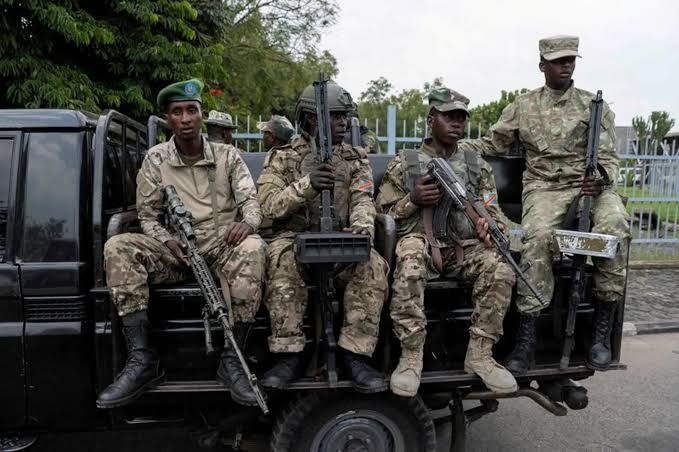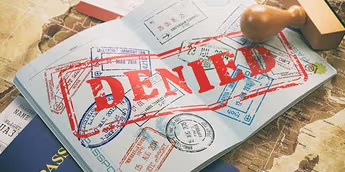
Faith Nyasuguta
The United States Embassy in Harare has announced a suspension of most routine visa services for Zimbabweans, a move that has sparked widespread concern among students, tourists, and business travelers. Effective August 7, 2025, the decision affects both immigrant and non-immigrant visas, with the exception of most diplomatic and official visas.
According to the U.S. State Department, the pause is due to high visa overstay rates, inadequate cooperation on migration matters, and concerns over fraudulent identity documentation.
This suspension will disrupt the travel plans of thousands of Zimbabweans who rely on U.S. visas for education, tourism, family reunions, and commercial engagements. While the embassy has stressed that this is not a full consular shutdown, the timing comes amid increasing diplomatic friction between Washington and Harare. It is the second time in two years that Zimbabwe has found itself on the U.S. visa blacklist.
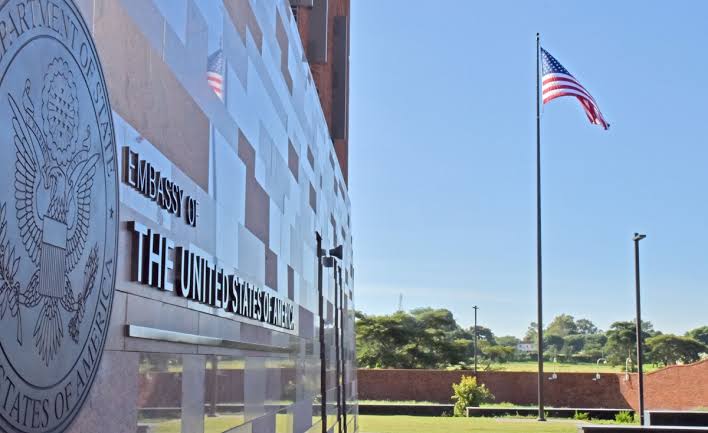
In 2023, the U.S. imposed visa restrictions on individuals accused of undermining democracy following a disputed election that President Emmerson Mnangagwa won in a poll heavily criticised by both local opposition and international observers.
The embassy’s statement was direct: “The U.S. Embassy in Harare, Zimbabwe, has paused all routine immigrant and nonimmigrant visa services with the exception of most diplomatic and official visas.” It added that applicants with scheduled interviews would be notified once appointments could be rescheduled. Officials framed the move as part of a broader effort to uphold national security and public safety by preventing visa misuse and overstays.
The decision aligns closely with President Donald Trump’s intensified immigration policies in his second term, which explicitly link visa access to a country’s compliance with U.S. migration enforcement. Under the revised policy, foreign governments are expected to cooperate fully with deportation agreements, share biometric and identity data, and adhere to return protocols.
Embassies have been given expanded authority to scale back or suspend consular services in countries viewed as uncooperative.
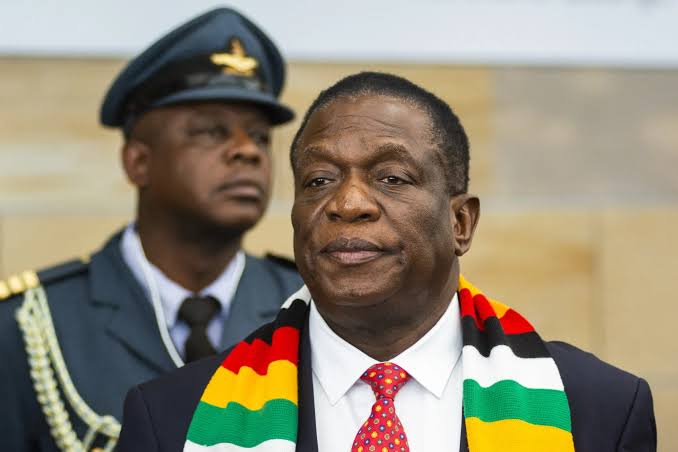
This is not an isolated measure. In June, President Trump signed a sweeping travel ban targeting 12 countries, mostly in Africa and the Middle East, with partial restrictions on several others, including limits on student and tourist visas. Zimbabwe was among 36 countries flagged in mid-June for possible visa suspension unless it addressed U.S. concerns over document fraud and visa violations within 60 days.
In addition to the suspension, Zimbabwean applicants now face new procedural hurdles. As of this summer, those applying for student (F), vocational (M), and exchange (J) visas must make their social media profiles public as part of enhanced vetting. And starting August 20, a new pilot program will require applicants from high-overstay countries, including several African nations, to post refundable bonds of up to $15,000 to secure tourist or business visas – bonds that could be forfeited if visa conditions are violated.
For now, there is no clear timeline for when full visa services will resume. The suspension is expected to delay academic enrolments, hinder business travel, and strain family connections. Analysts see it as a calculated diplomatic lever aimed at pressuring Zimbabwe’s government to meet U.S. migration and security expectations.
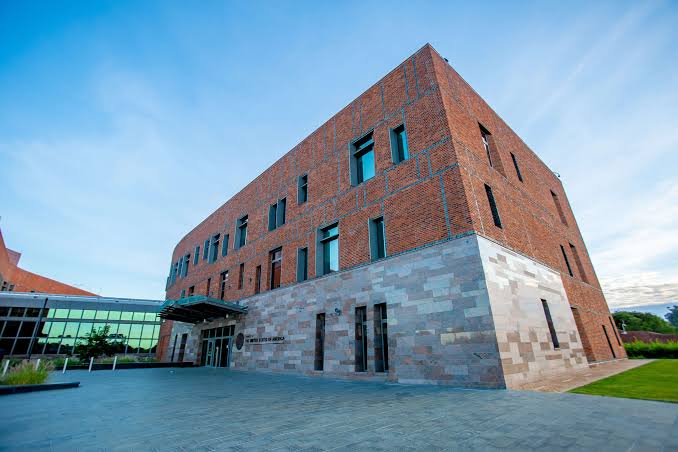
Until such compliance is demonstrated, the freeze on routine visas is likely to remain, deepening the practical consequences of already fragile diplomatic relations between the two nations.
RELATED:






